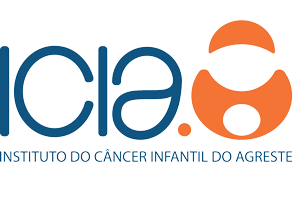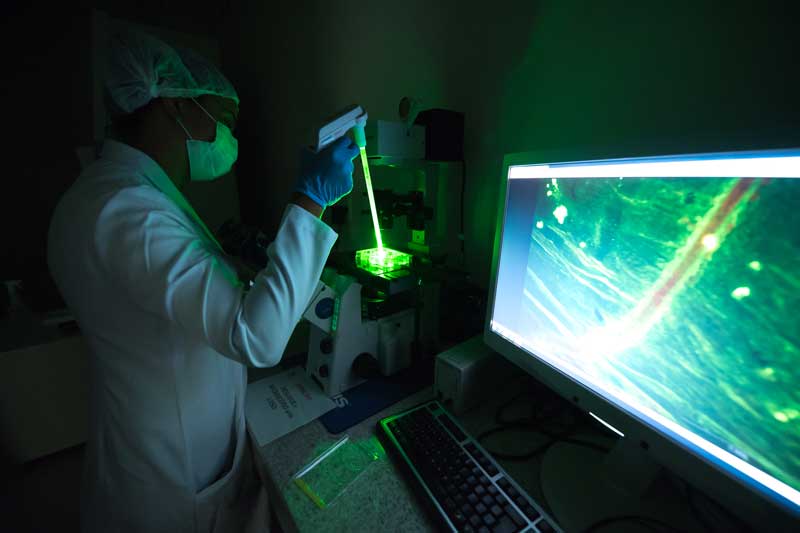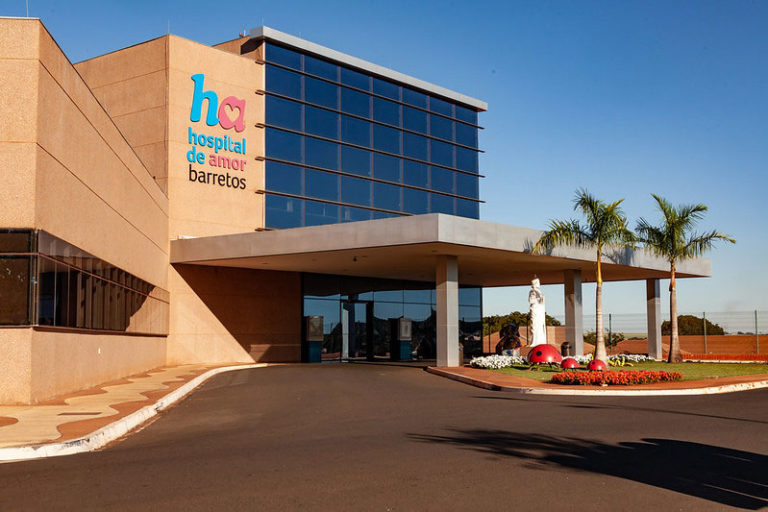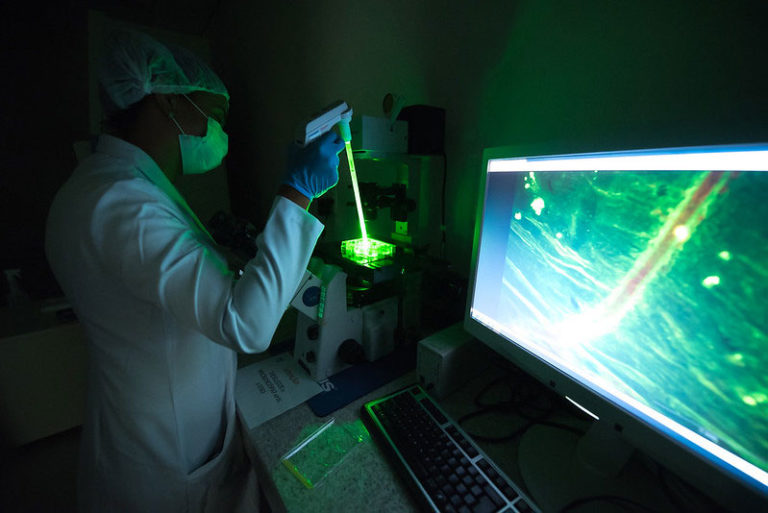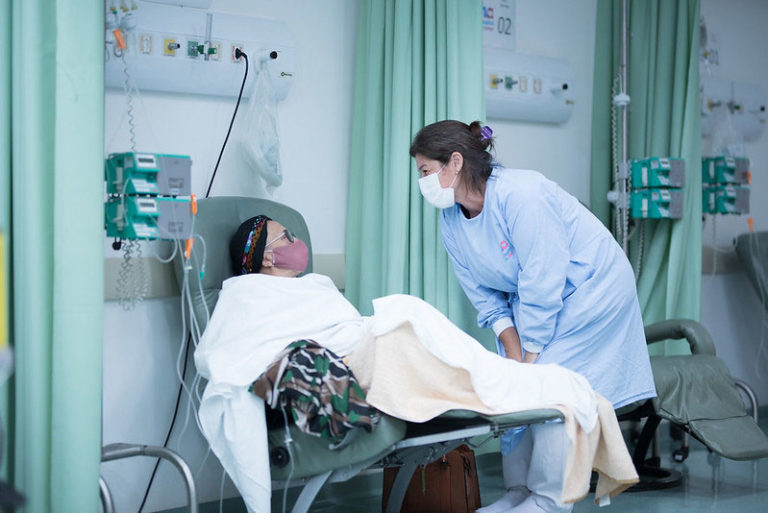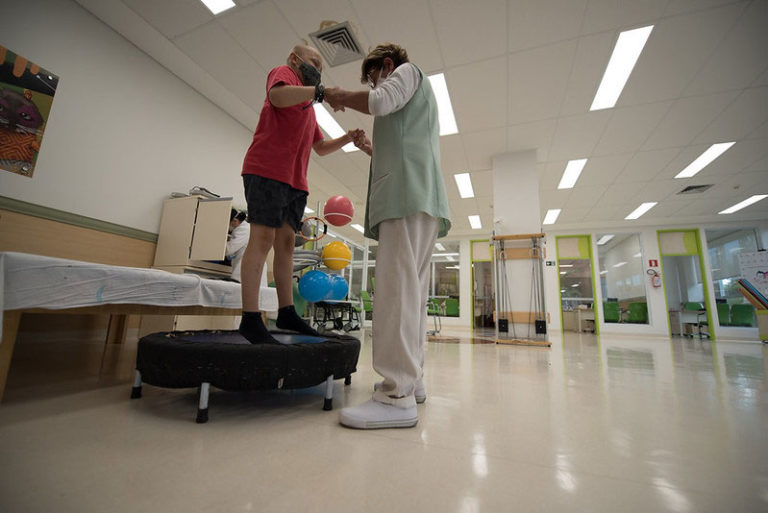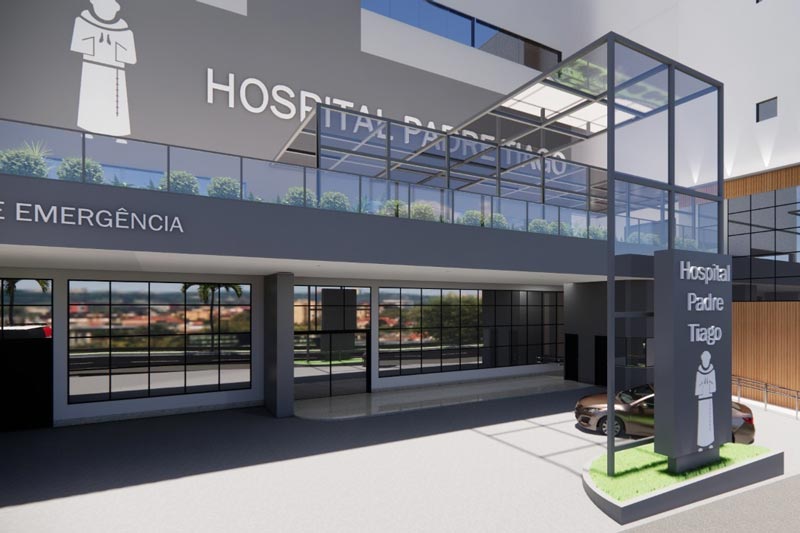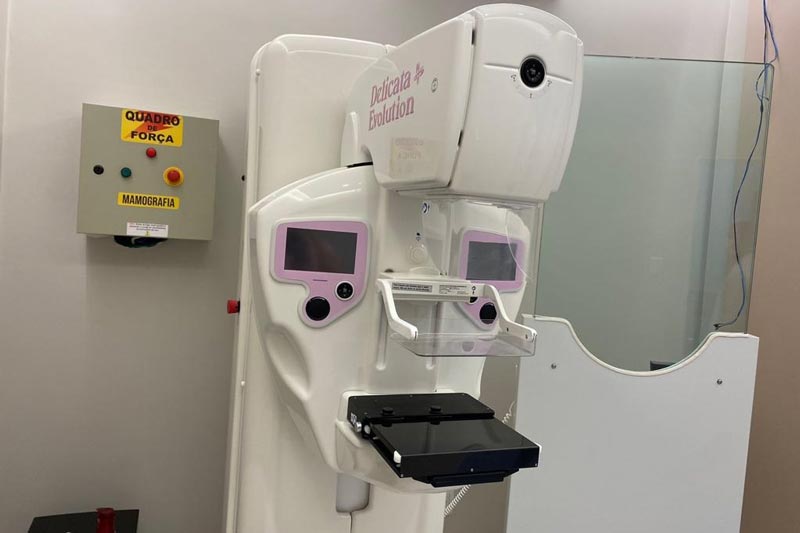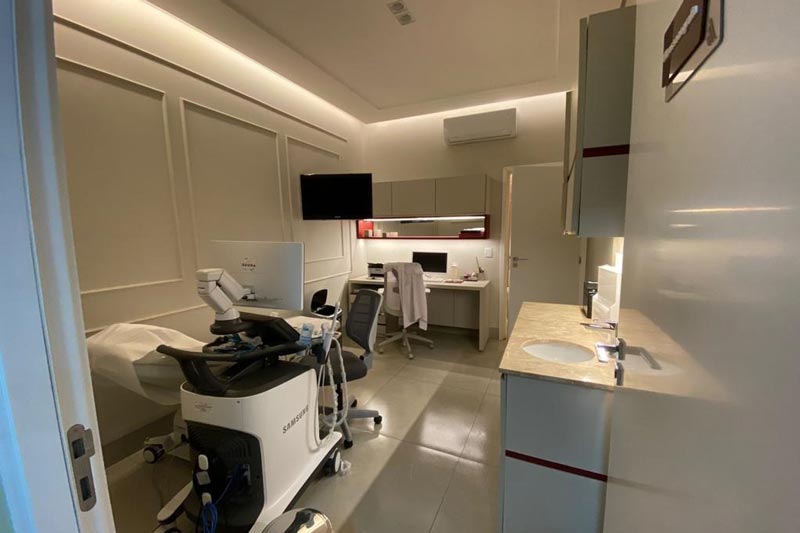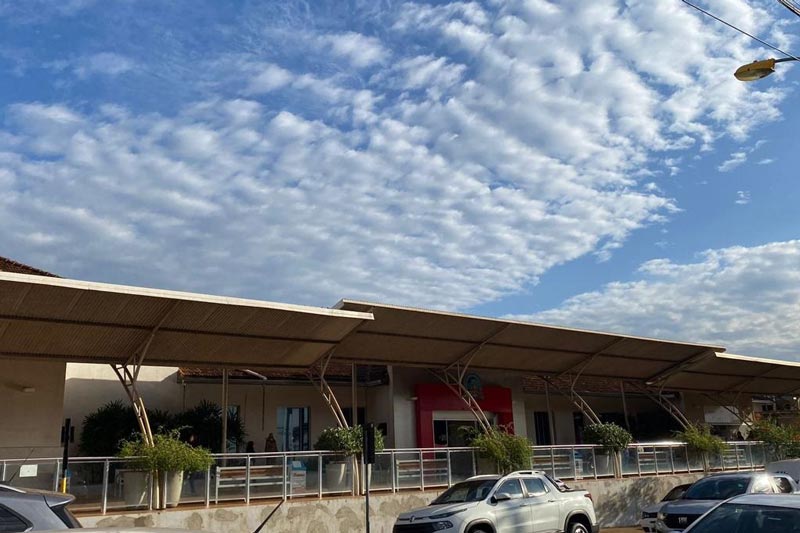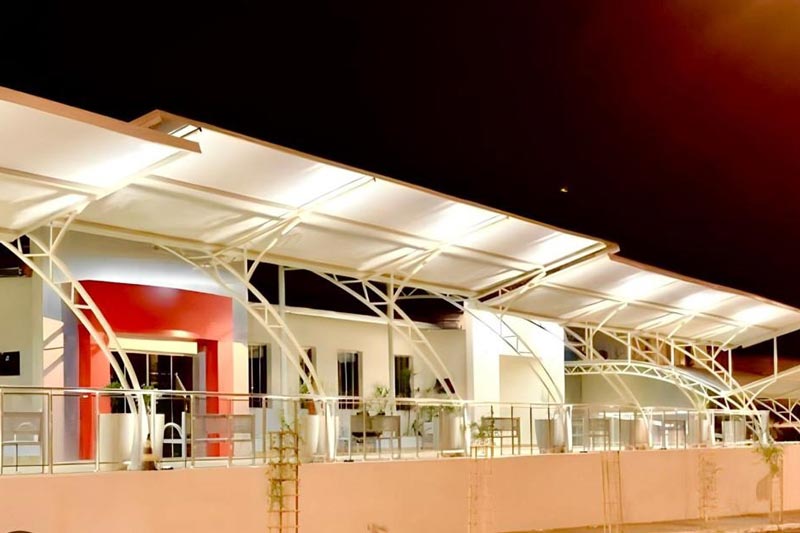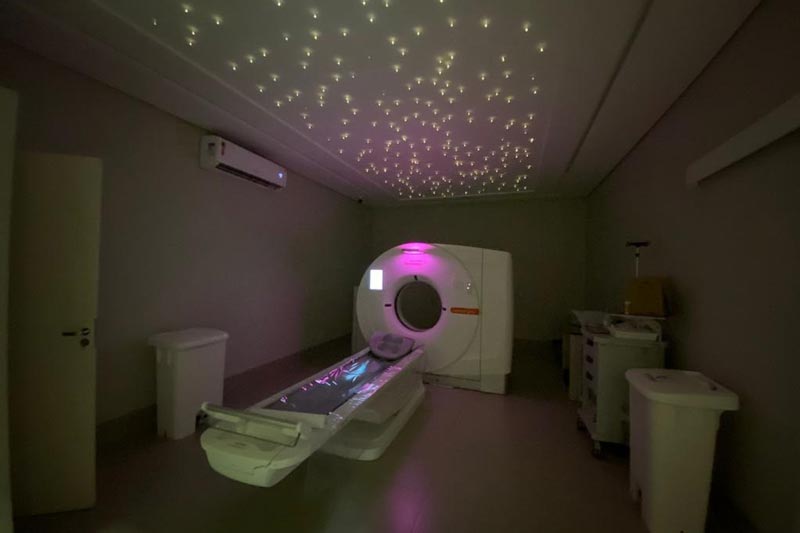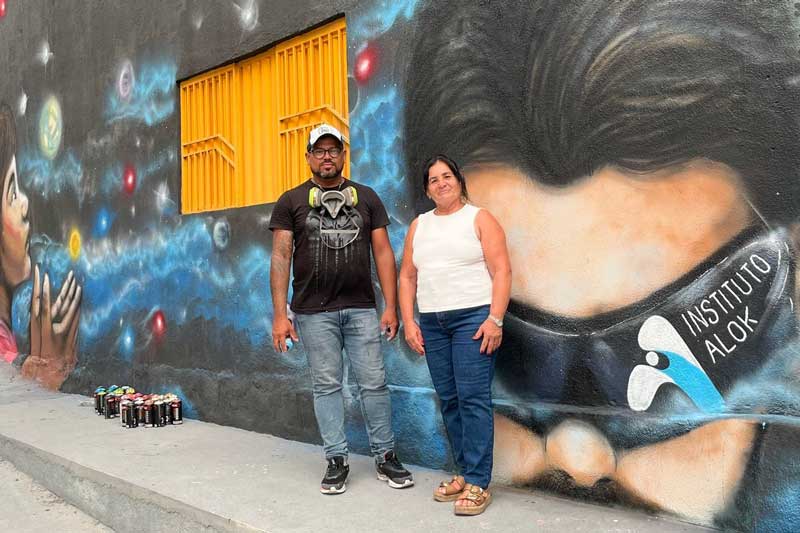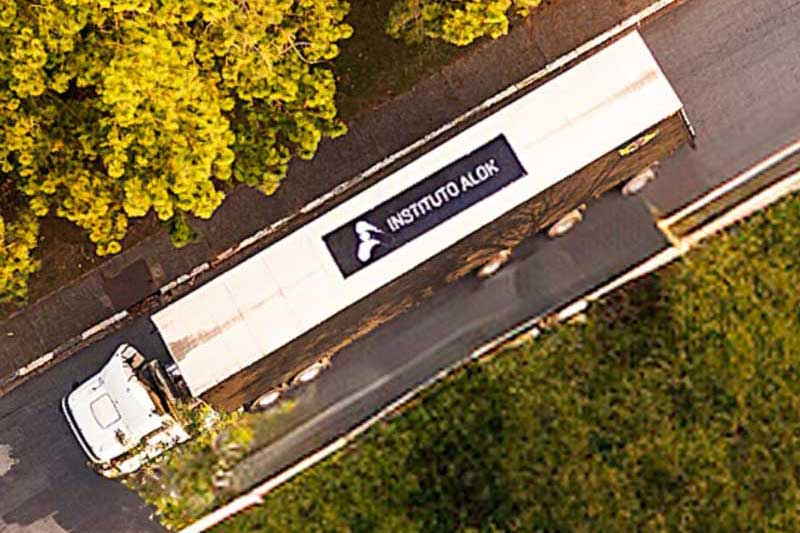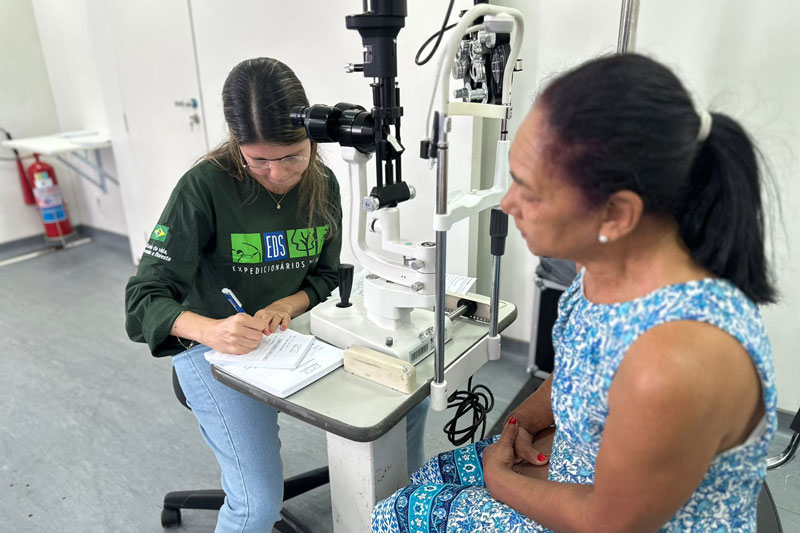The Alok Institute strengthens the healthcare system in Brazil by supporting hospitals specialized in adult and pediatric cancer treatment, access to radiotherapy, care for intellectual disabilities, humanized childbirth and esophageal lesions. They are as follows:
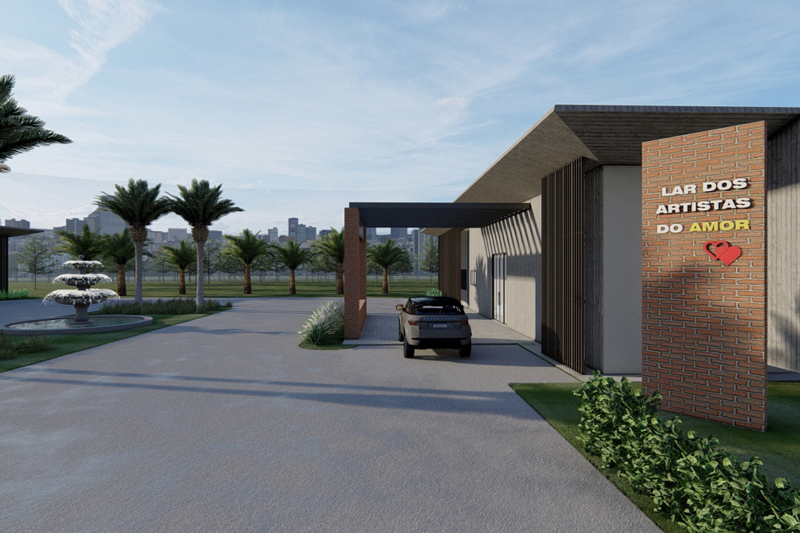
Home of the Love Artists – Goiânia
Complexo Oncológico de Referência do Estado de Goiás – CORA
The Alok Institute supports, in Goiânia (GO), the construction of the support house for cancer patients at the Complexo Oncológico de Referência do Estado de Goiás – CORA, an initiative of the Hospital do Amor, which became a reference in the treatment of cancer patients due to its activities in Barretos (SP).
The “Home of the Love Artists” will be a space for welcoming and supporting oncology patients and their families, providing accommodation during treatment at Hospital CORA. The complex is integrated with the hospital, which will house patients from the new pediatric wing and their families.
CORA – Goiânia
The hospital in Goiânia will be managed by Dr. Henrique Prata, president of Hospital do Amor in Barretos (SP), and will have 44.7 thousand square meters and a capacity of 148 beds for the hospitalization of cancer patients, as well as a surgical center, bone marrow transplant center, pharmacy, imaging exam center, and chemotherapy infusion.
The Complexo Oncológico de Referência do Estado de Goiás – CORA, is named in honor of the poet Cora Coralina.
Learn more at:
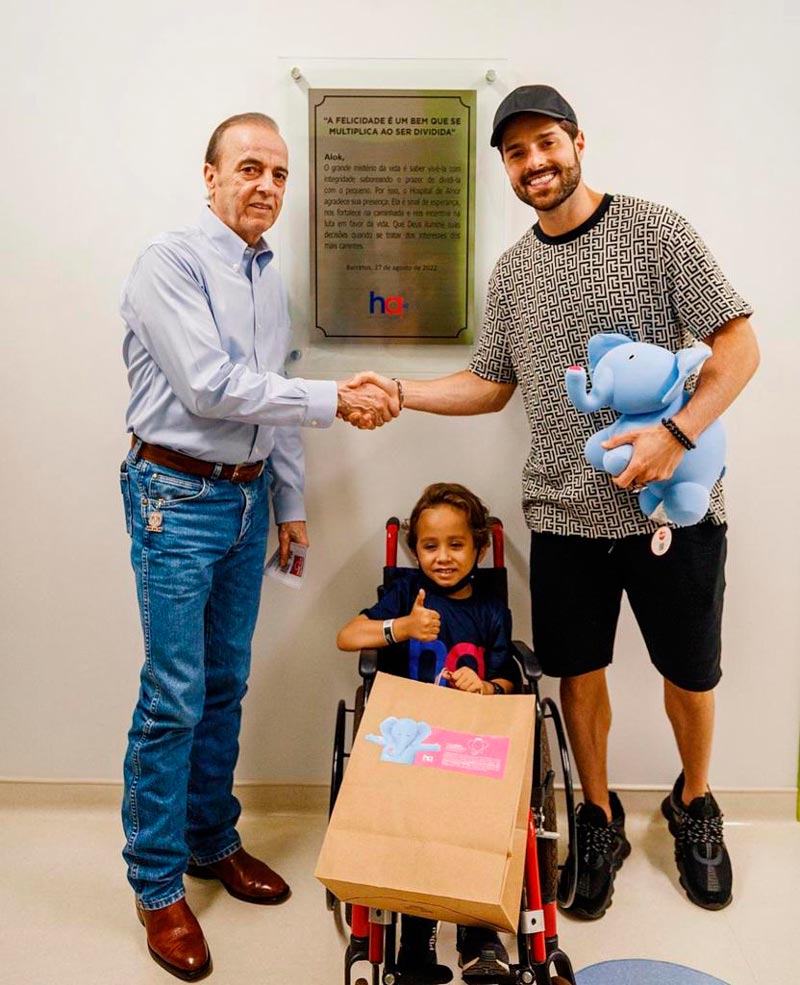
Health with Science and Affection
Hospital de Amor de Barretos – Barretos (SU/N/NO/ DF)
A philanthropic healthcare institution specialized in treatment and prevention of cancer based in Barretos (SP), also operating in the Midwest, Northeast and North regions of Brazil.
In 2021, we partnered to acquire high-tech equipment for the treatment of approximately 600 patients with intellectual disabilities.
In 2023, we renewed our support, this time for the acquisition of the Ultrafine Gastrovideoscope apparatus, which aids in the treatment of tumor and esophagus scar lesions in high-risk patients under 1 year with sedation difficulties. It also assists in the treatment and diagnosis of congenital esophageal stenosis and insertion of feeding tubes.
About the Hospital de Amor
On March 24, 1962, a general hospital named after Saint Jude Thaddeus emerged in the center of Barretos, in the interior of São Paulo. In 1967, the Pio XII Foundation was established as the entity that became the maintainer of the institution, which began to exclusively serve cancer patients.
The project gained significant proportions with the help of the community, artists (including Alok), the private sector and the government. More wards are being built to provide free care to cancer patients arriving from all over the country.
In November 2017, the then Cancer Hospital of Barretos adopted the nickname by which it was already known among its patients, family, doctors, and partners, becoming known as “Love Hospital”.
With over 58 years of history and international recognition for its excellence in technology and humanized care, Hospital de Amor currently has over 5,300 employees operating in its dozens of treatment, prevention, rehabilitation, and research units related to oncology. In 2022, the hospital conducted 1,673,441 consultations, procedures and exams, averaging 4,585 per day in units across the country.
Fotos: Arquivo Hospital de Amor
Learn more
Support you too:
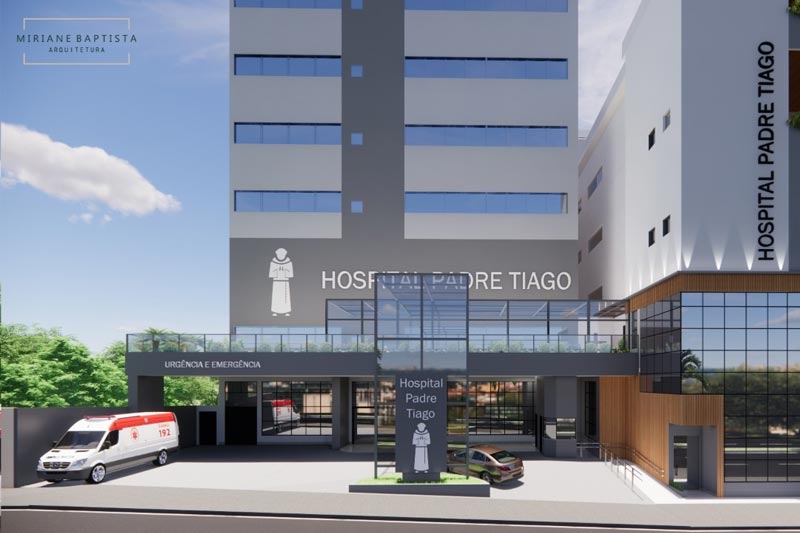
Acesso a Radioterapia
Hospital Padre Tiago – Jataí (GO)
We supported the construction of a new building for the Radiotherapy facilities at Hospital Padre Tiago na Providência de Deus in Jataí (GO). Serving patients from 28 municipalities totaling 730,000 inhabitants, the hospital conducts over 11,000 medical consultations annually, 8,300 chemotherapy sessions, and over 1,000 oncological surgeries.
The donated funds will be used for the construction foundation, as well as electrical and plumbing projects. With the support of the Institute and other partners, the new hospital facility will also feature additional surgical rooms and 60 new beds for hospitalizations.
About Hospital Padre Tiago:
The Hospital Padre Tiago na Providência de Deus was inaugurated in 2014 and currently has 60 beds for clinical, surgical, and ICU internships.
With a medical team of specialists in various fields such as Gynecology, Obstetrics, Urology snd Orthopedics, among others, the hospital has an imaging center equipped for CT scans, X-rays, ultrasounds and mammograms with quality and precision through state-of-the-art equipment.
In 2019, a partnership was established with the state of Goiás, where Padre Tiago Hospital provided oncological care (surgeries and chemotherapy sessions), offering more effective and efficient care to the entire population of Jataí and neighboring cities, serving 28 municipalities with around 60,000 inhabitants.
Today, the hospital treats approximately 3,685 oncological patients per month. Patients in treatment, who previously had to travel long distances, can now undergo chemotherapy infusion and oncological surgeries close to their homes. Since 2019, 200 oncological patients have been discharged.
Fotos: Arquivo Hospital Padre Tiago/Projeto Arquitetônico: Miriane Baptista
Support you too:
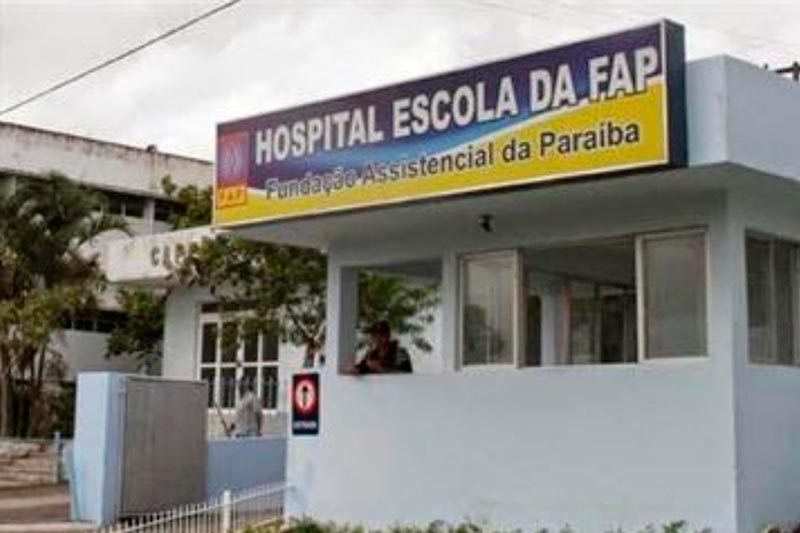
Pediatric Oncology
Hospital da FAP – Campina Grande (PB)
We have powered the Foundation Assistencial da Paraíba (FAP), also known as Hospital da FAP, at the beginning of its activities in the field of pediatric cancer. This is an ambitious, bold and high-cost project. The resources are intended to contribute to the fundraising campaign for the establishment of clinics, a chemotherapy infusion center and a cancer treatment ward following the recommended models to accommodate young patients.
INCA studies show that cancer is the leading cause of death among children and adolescents in Brazil, and the second leading cause of death in this age group, surpassed only by accidents and violent deaths. Pediatric Oncology in Brazil shows few advances in successful cases compared to developed countries, also lagging behind other Latin American countries such as Chile, Argentina, and Mexico.
About Hospital da FAP
Inaugurated in 1965 in Campina Grande (PB) to be a general public service unit, it was soon incorporated into the medical school of the referred city, becoming known as the FAP School Hospital. Starting modestly and precariously, the structure gained momentum, and in 1992, it inaugurated its Radiotherapy service.
Over time, the institution increasingly attracted the attention of professionals with the mission of treating cancer. Thus, on November 27, 2000, the Ulisses Pinto Cancerology Center (CCUP) was inaugurated.
Campina Grande is the second-largest municipality in the state of Paraíba, with a fixed population of 411,807 inhabitants (IBGE 2020), being a technological and health hub, strategically positioned geographically.
The Hospital da FAP is a reference for 148 municipalities regarding oncological care and partially serving other states, such as Pernambuco and Rio Grande do Norte.
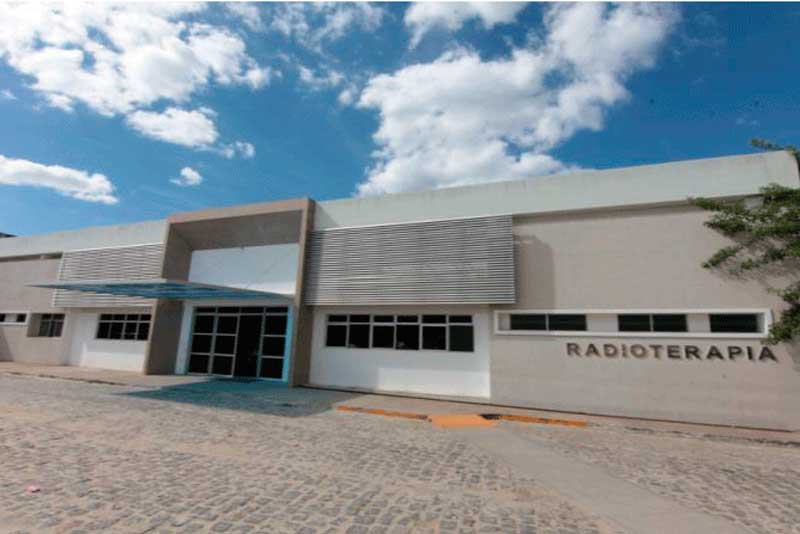
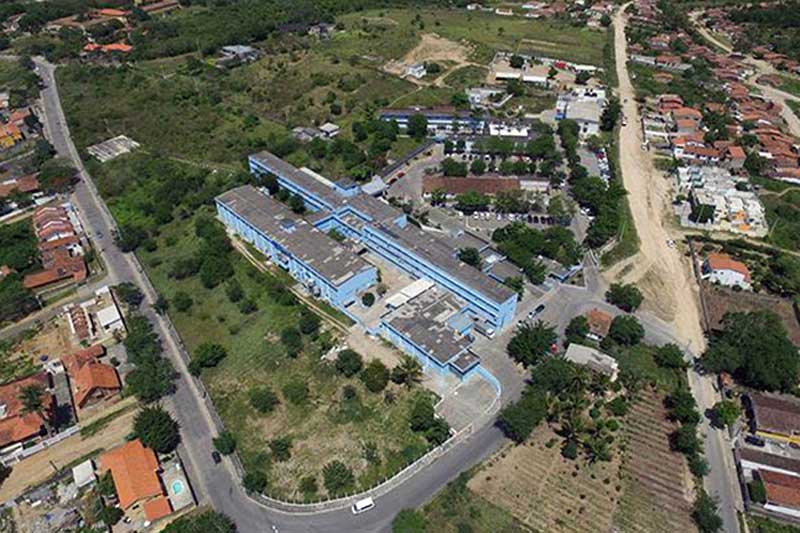
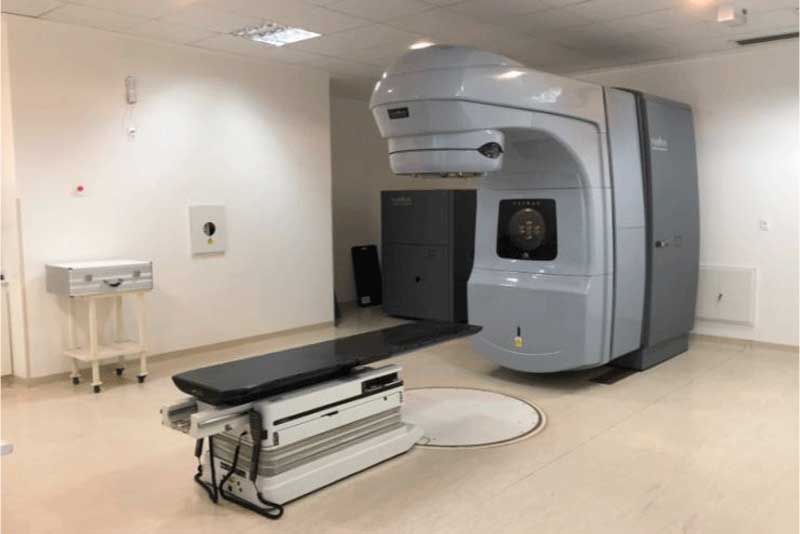

Fotos: Arquivos Hospital da FAP
Support you too:
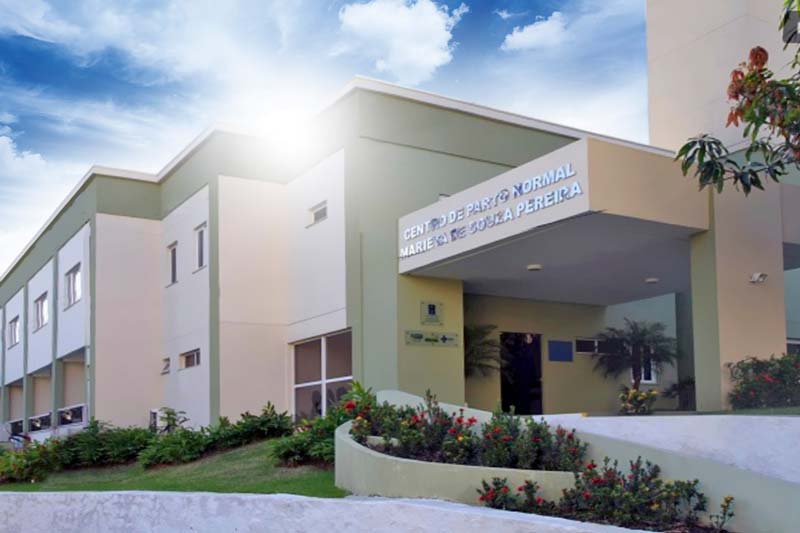
Humanized Childbirth
Mansão do Caminho – Salvador (BA)
The Alok Institute and the Marieta de Souza Pereira Normal Birth Center at Mansão do Caminho believe in the importance of humanized childbirth as an essential aspect of full human development.
We supported the childbirth unit with a donation to Mansão do Caminho in 2021, ensuring the improvement of maternal and neonatal morbidity-mortality indicators, highlighting a differentiated and more safe mode of health care.
The activities carried out in the unit for pregnant women, parturients, newborns and families include:
– Risk classification for pregnant women, parturients, and postpartum women;
– Prenatal, Postpartum, Profile consultations;
– Admission of parturients and monitoring of labor, delivery, and postpartum;
– Newborn care; and care up to two years of age
– Promotion and support for breastfeeding;
– Meetings for Pregnant Women; Pregnant Man, Grandparents, Bonding
– Educational activities for pregnant women and families;
About Mansão do Caminho
The Marieta de Souza Pereira Normal Birth Center at Mansão do Caminho, conceived and realized by Divaldo Franco, was inaugurated in 2011, being the first Normal Birth Center in the Rede Cegonha network in Brazil. To date, nearly 6,000 births have occurred in a humanized manner.
The Center adopts actions and principles within a philosophy of humanized attention to childbirth and delivery. This includes complete support for the parturient, with the presence of a companion throughout the entire labor, encouraging family bonds and providing access to non-pharmacological and non-invasive methods of pain relief. It also encourages mobility and changes in position during labor, allowing the parturient to adopt various positions.
Additionally, it promotes immediate skin-to-skin contact between mother and newborn, preventing heat loss and favoring the construction of a greater bond of love between mother and child. Breastfeeding immediately after birth is also stimulated.
This complete care is carried out by a multidisciplinary team including obstetricians, obstetric nurses, pediatricians, physiotherapists, nutritionists, psychologists and doulas. The adopted actions are based on “practices validated by the best available scientific evidence, combining obstetric art with science, aiming for a safe birth for both the mother and the child, with minimum interventions.”
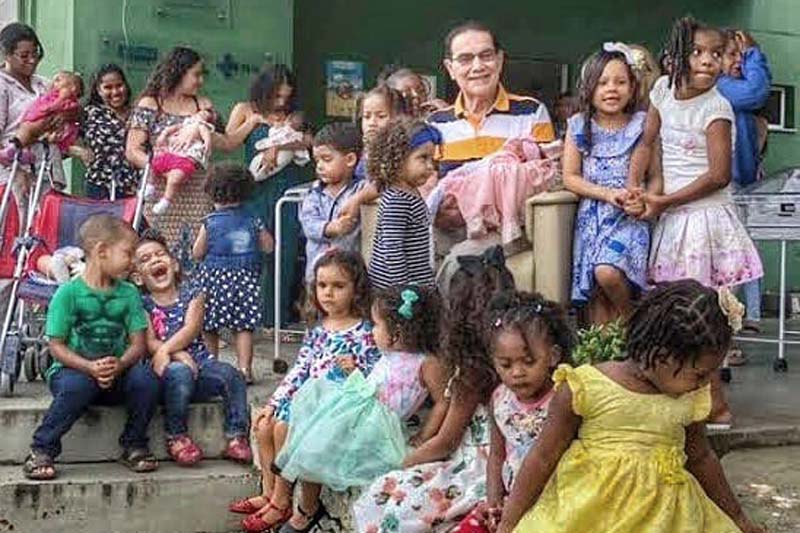
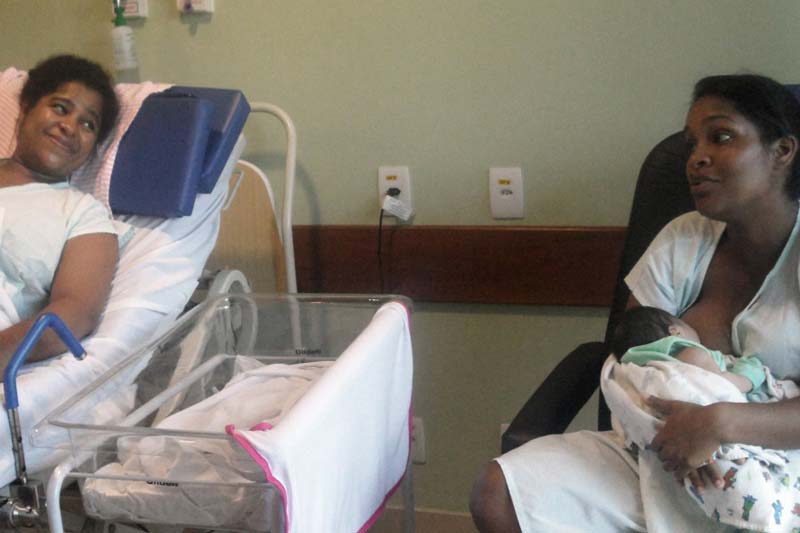
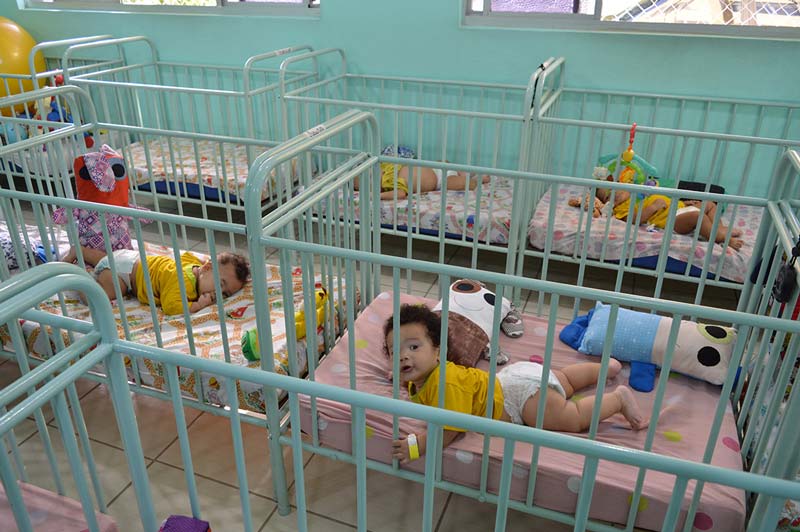
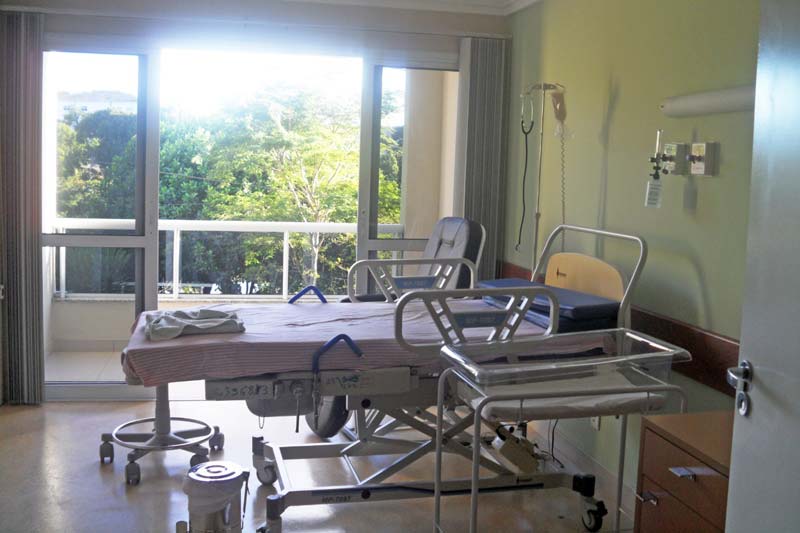
Fotos: Arquivo Mansão do Caminho
Support you too:
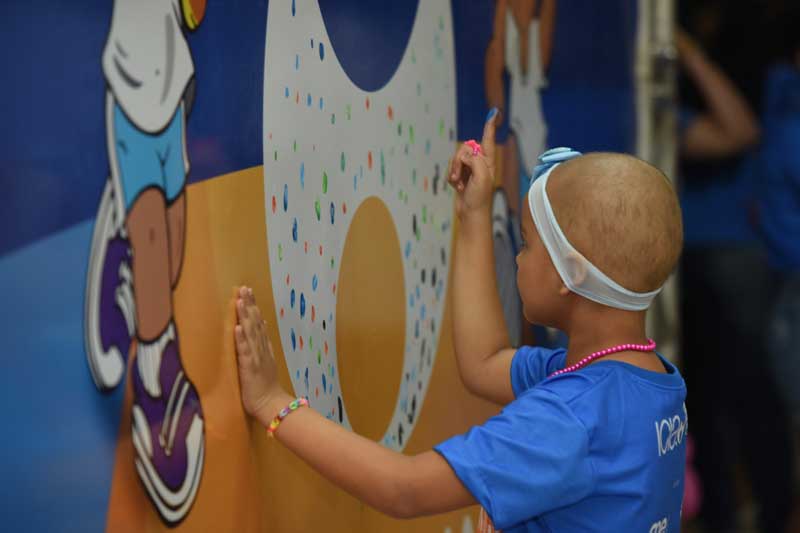
More Health for Life
Institute of Pediatric Cancer of Agreste – Caruaru (PE)
The Alok Institute supports ICIA (Institute of Pediatric Cancer of Agreste) in Caruaru, Pernambuco, to ensure access to healthcare for children and adolescents in the state.
The support focuses on strengthening the care in the ICU (Intensive Care Unit) by funding specialized teams, the acquisition of medications, hospital supplies, and complex procedures, ensuring humane care for patients.
About ICIA (Institute of Pediatric Cancer of Agreste)
ICIA was founded in 2003 with the mission of offering free multidisciplinary medical-social care for children and adolescents with cancer in the state of Pernambuco.
Over the course of 20 years, it has provided over 80,000 general services and funded more than 45,000 exams. Its main activities include: pediatrics (with an oncology focus), chemotherapy, physiotherapy, nutrition, hospital psychology, pediatric dentistry, funding exams, providing support housing, training primary healthcare professionals on the signs and symptoms of childhood and adolescent cancer, and raising awareness in society about early diagnosis.
ICIA has been recognized three times as one of the top 100 NGOs in Brazil, 1st place in the Best Success Cases Award for the Early Diagnosis Caravan at the 22nd CONVOCC, and also 1st place in the Best Intersectoral and Multistakeholder Projects for Tackling CCNTs/DCNTs in Brazil with the Early Diagnosis Caravan.
Support you too:
